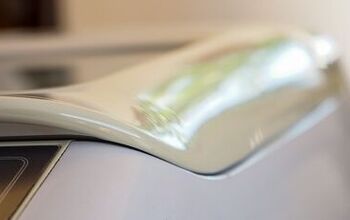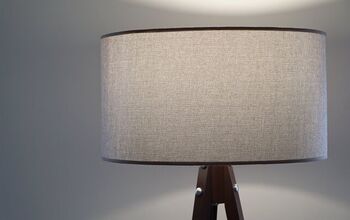Will A Gas Heater Work Without Electricity? (Find Out Now!)

When you hear that a heater is “gas-powered”, it may come as a surprise when you find out that such a heater will not run without electricity. This article will explain why gas-powered heaters don’t run without electricity, and also some tips for what to do when the power goes out will be discussed.
If you live in a cold climate, you’ll need to be prepared in the event that the power goes out and your gas furnace is not able to provide heat.
Because gas-powered heaters utilize components that only run on electricity, these heaters will not work when there is no electricity. The fixtures that require electricity are the blower fans, the thermostat controls, the relays, and—if your system employs this—the electronic ignition. There are, however, floor furnaces that work without electricity.
Do You Need Water Heater Installation or Replacement?
Get free, zero-commitment quotes from pro contractors near you.

Why Gas Heaters Don’t Operate Without Electricity
The main reason why a heater won’t run without electricity is that several components require electricity to function properly. For example:
- A heater utilizes circuit boards, and these relay information from the thermostat to the furnace and vice versa.
- Heaters also include relays, and these are switches that control gas flow as well as safety devices like the fuel regulator and thermocouple.
- A heater’s blower motors are also powered by electricity. These are what propel heat into the air ducts, and they’re also responsible for moving exhaust up a flue and out of the home.
What About a Floor Furnace?
It’s true that the vast majority of heaters don’t work without electricity, but there are some systems, like floor furnaces, that run solely on natural gas. A floor furnace utilizes a thermopile generator, and this produces a direct current; this current is what enables communication between the furnace and the thermostat.
Then, convection propels the heated air into the home, and at no point is electricity ever required. Floor furnaces can be installed in both homes and commercial businesses, but they’re more often found in residential homes.
What Happens During a Power Outage?
When the power goes out, a gas-powered heater won’t work—this much has been established so far. This means that the system’s safety feature will not be on, and therefore you shouldn’t try to rig the furnace to generate some heat; you could damage your system and put your life, as well as the lives of those around you, in jeopardy.
If your property is in an area that experiences power outages frequently, then you should consider getting your gas heater connected to an electric generator. An HVAC specialist or an electrician can do this for you, and a medium-sized generator will be able to supply power to all the components in a heater that require electricity.
Get a licensed and experienced pro to establish this electrical connection, for this is definitely no DIY task.
Steps to Take When the Power Goes Out
When the power goes out, the first thing you should do is turn off your furnace. Just because it isn’t being supplied with electricity doesn’t mean it’s not on.
You don’t want to leave a furnace plugged in, as there may be fluctuations in the electrical grid while the power is being restored, and these can damage electrical components that the furnace utilizes. In general, it’s good to unplug most of your appliances when the power goes out, and only turn them back on when it’s certain the power has been restored.
When power is restored, your system should come back online immediately, unless it was shut off while the power was out. If it doesn’t come back on immediately, here’s what you can do:
- Check to see if the control panel is flashing an error message. In this instance, something may need to be replaced or repaired.
- Check to see if any fuses have been blown or any breakers tripped.
- Make sure that vents are not plugged or clogged by debris and or snow/ice.
It Could Be the Safety Lock
If the safety lock is on, you should hit the reset button multiple times, as doing so may restart the system. Safety locks are usually implemented to keep children safe, and once these are disengaged you need to firmly hit the reset button.
Check the Thermostat
Make sure that the thermostat is working. If it’s displaying a different temperature than what you feel in your home, there’s a good chance something isn’t right.
If any of the above measures don’t work, get in touch with professional HVAC technicians. They’ll know what’s wrong when your heater stops working. They also possess the tools and know-how necessary to fix this problem.
Some Systems Utilize Electronic Ignition
If your system’s ignition is powered by electricity, then it won’t be able to provide heat when there’s no power. Whereas standing pilot lights used to be the standard way of igniting burners, now there are electronic ignition systems that handle this more efficiently. Your system may either have and intermittent pilot or a hot surface igniter.
While systems that utilize an electronic ignition are safer and more energy-efficient than standard pilot light heaters, if there’s no power the system is pretty much useless. It’s true, however, that the electrical components a gas furnace utilizes help protect the system when the power is off.
Lastly, a heater that utilizes an electric ignition will shut off when a circuit breaker is tripped, rather than continue to work in a potentially hazardous condition.
Do You Need Water Heater Installation or Replacement?
Get free, zero-commitment quotes from pro contractors near you.

Related Questions
Are wood-burning stoves useful when the power goes out?
If the electricity is out and your heater is no longer working, it’s in this instance when it’s good to have a wood-burning stove. With proper ventilation, a wood-burning stove can provide heat to a wide area, though a single stove will not provide a home with multiple levels of heat as a gas furnace would. You could also use a kerosene heater.
Is rigging dangerous?
Some homeowners will attempt to rig their furnaces when there’s no electricity, but this is extremely dangerous. Only a licensed technician should work on your natural gas appliance—no exceptions!

Matt loves everything DIY. He has been learning and practicing different trades since he was a kid, and he's often the first one called when a friend or family member needs a helping hand at home. Matt loves to work with wood and stone, and landscaping is by far his most favorite pastime.
More by Matthew Mountain



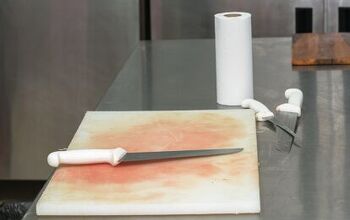


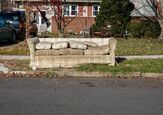


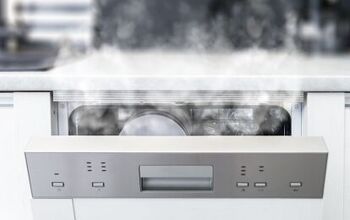
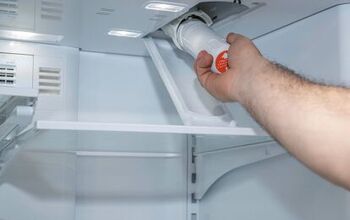

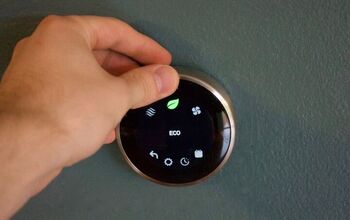




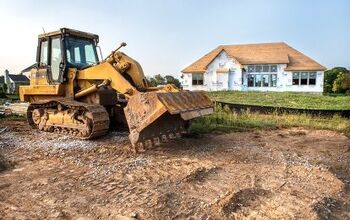
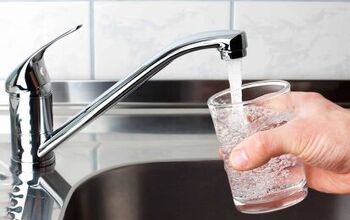

![How To Reset A Whirlpool Cabrio Washer [In 5 Easy Steps!]](https://cdn-fastly.upgradedhome.com/media/2023/07/31/9076531/how-to-reset-a-whirlpool-cabrio-washer-in-5-easy-steps.jpg?size=350x220)
